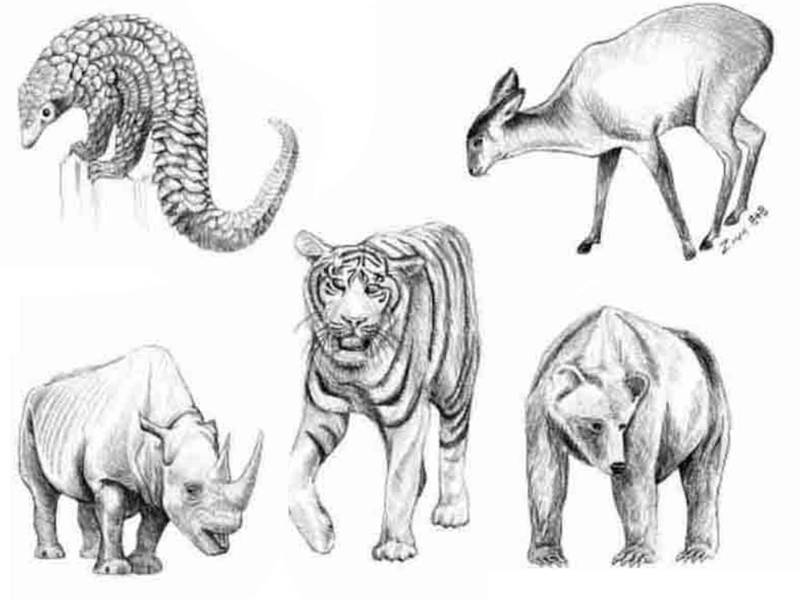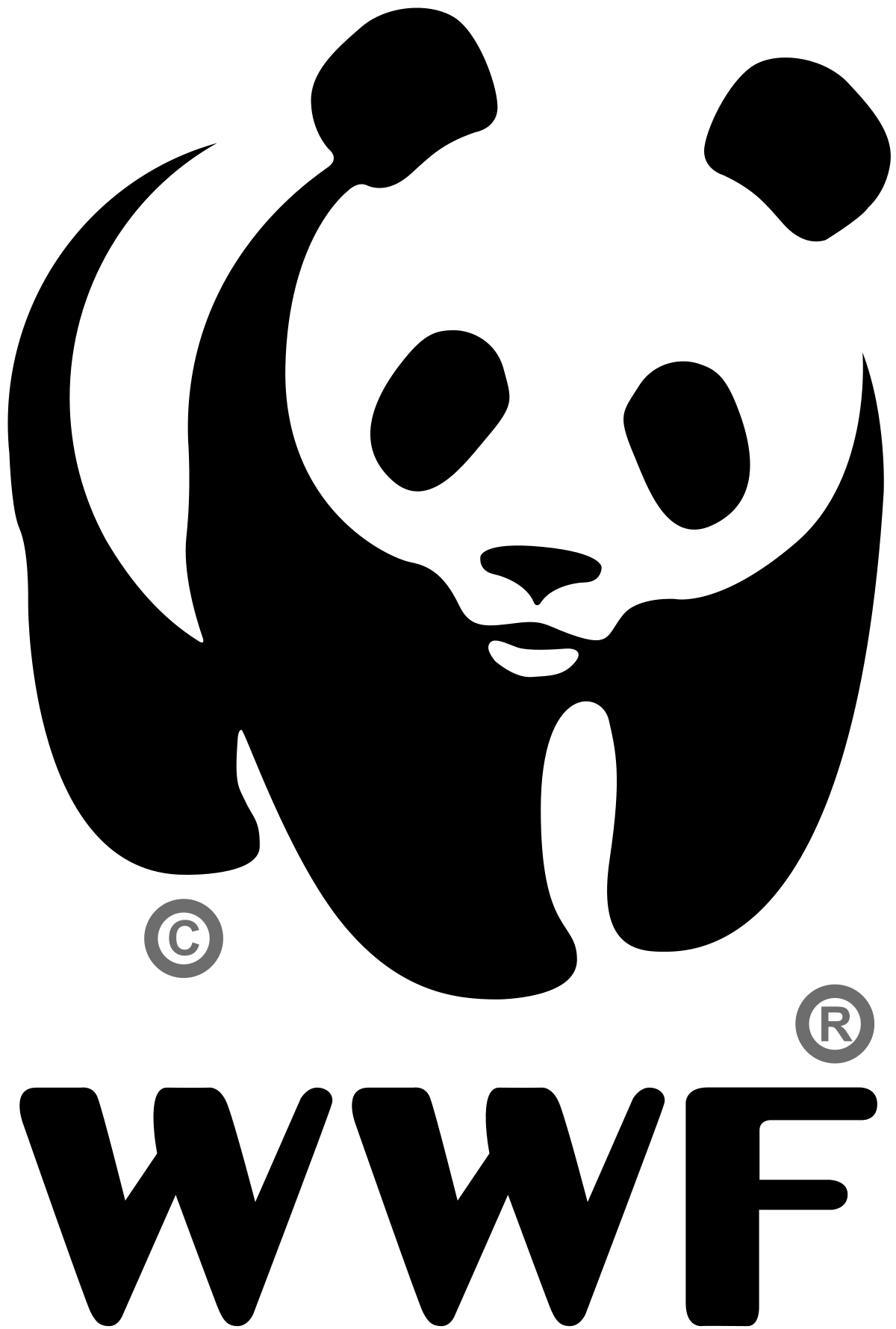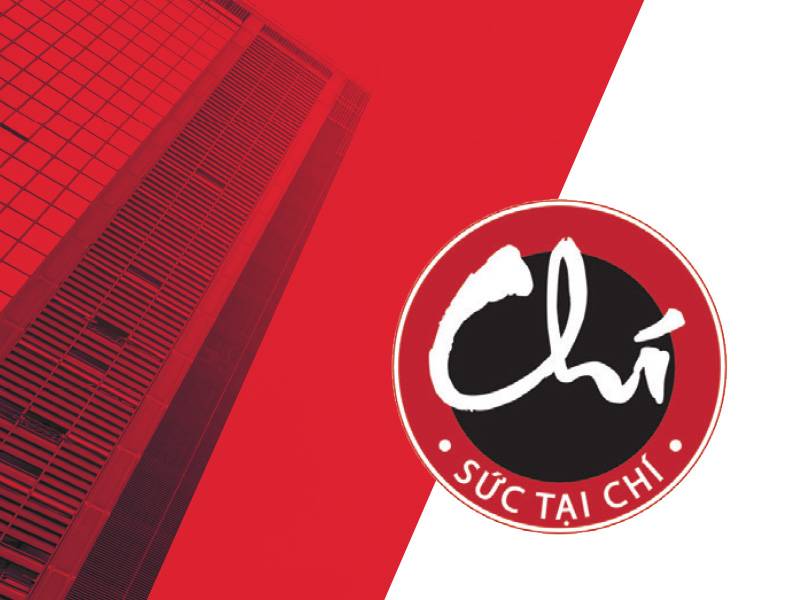Traditional Korean medicine (TKM) is based on thousands of years of experience and tradition. At times, it includes the use of threatened or endangered wildlife species, such as Tiger, rhinoceros, musk deer, bear, and pangolin. Under the Convention on International Trade in Endangered Species of Wild Fauna and Flora (CITES), and under South Korea’s laws, the trade in Tiger and rhinoceros is banned. Trade in musk deer, bear, and pangolin is highly restricted, although not banned. The current survey profiles the attitudes of South Korea’s traditional medicine practitioners (doctors and pharmacists) toward the use and conservation of wildlife species of medicinal value. Five species were chosen as “case studies,” on the basis of their conservation status, the threat posed to wild populations by trade, and their importance as medicinal ingredients in TKM. This survey is the first to examine the attitudes of the TKM community toward wildlife conservation and to include a range of medicinal wildlife species. TRAFFIC East Asia, 2003




